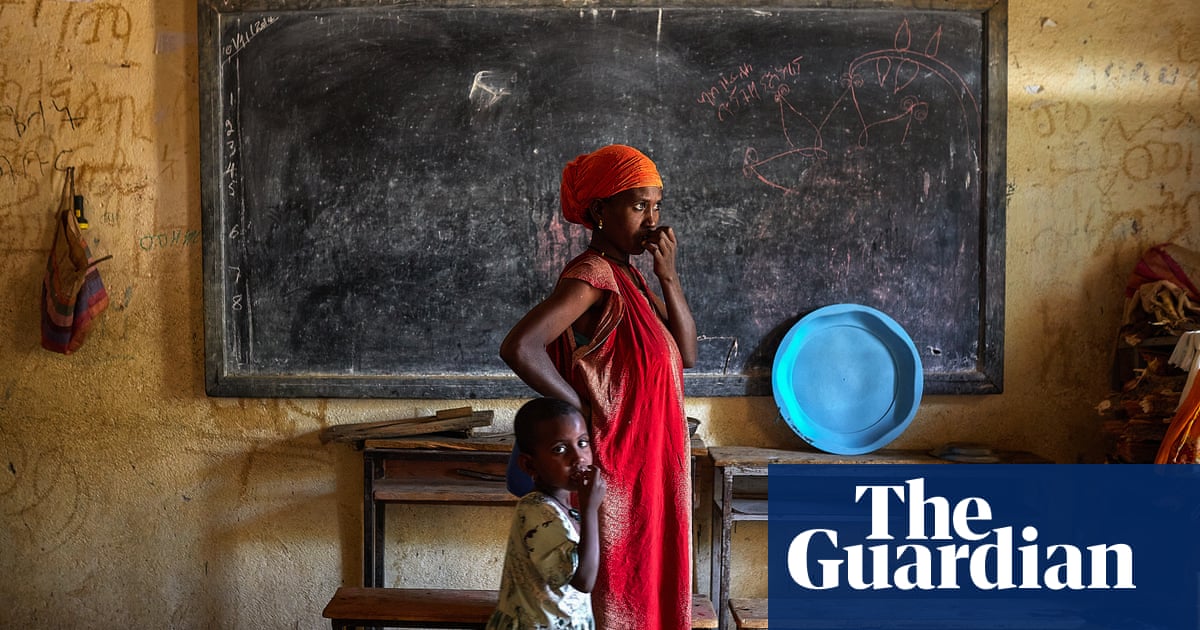
A United Nations investigation into human rights abuses committed during Ethiopia’s Tigray war has been terminated, despite urgent warnings from its members about the risk of future violations in the east African country.
The mandate of the International Commission of Human Rights Experts on Ethiopia (ICHREE) will expire later this month, after a deadline passed on Wednesday to table a resolution renewing it to the UN Human Rights Council.
The deadline expired a day after investigators had stressed the need to continue the work, saying there was “an overwhelming risk human rights atrocities would continue [in] Ethiopia” without them.
In an analysis published on Tuesday, the human rights experts criticised a transitional justice process launched by Ethiopia as “deeply flawed”, and said Eritrean troops were continuing to commit rape and other sexual violence in Tigray.
They said Ethiopia’s overall human rights situation had “deteriorated abruptly” since a ceasefire ended the two-year civil war in November, citing the eruption of recent fighting in Amhara, Ethiopia’s biggest state, and the continuation of conflict and instability elsewhere in the country.
Mohamed Chande Othman, the chair of the UN investigation, said: “Our report shows that the overwhelming majority of risk factors for future atrocity crimes are present in Ethiopia, including ongoing serious violations, widespread violence and instability, and deeply entrenched impunity.”
The Tigray war was one of the bloodiest of recent times; hundreds of thousands of people were killed and the conflict was marked by mass rape, massacres and torture.
ICHREE was established in late 2021, on the recommendation of a joint investigation by the UN and Ethiopia’s human rights body. Its reports provided the most detailed picture of human rights abuses in Tigray, which was subjected to a severe communications blackout where news often took months to reach the outside world.
The commission has concluded that all sides committed abuses and said the government probably used starvation as a weapon of war against Tigray.
Its termination represents a major victory for Ethiopia, which has impeded the investigations while dismissingthe commission as politically biased. In May, the African Union ended its own investigation, a decision it buried in a routine communique.
On Tuesday, the EU announced €650m (£563m) of aid to help Ethiopia’s economic development and postwar recovery. The European bloc had planned to disburse the aid to Ethiopia between 2021 and 2027, but it was suspended in late 2020 because of the Tigray war.
Jutta Urpilainen, the EU commissioner for international partnerships, described the aid package as the “concrete first step” towards normalising relations with Ethiopia, but said more progress on human rights would “be required to continue broadening our partnership”.
The EU has previously said it would not renew full ties with Ethiopia until there is accountability for the wartime atrocities, and its decision not to support ICHREE’s renewal has drawn sharp condemnation from rights groups.
“The EU should promote human rights and accountability in Ethiopia by committing to a resolution to continue investigations into violations, report on the implementation of ICHREE’s recommendations, and seek public reporting to the Human Rights Council on Ethiopia’s situation,” Human Rights Watch said in a statement.












